Rouhani underlines enhanced Iran-IAEA cooperation, recent agreement
Iranian President Hassan Rouhani underlines the need for further cooperation between Tehran and the UN nuclear agency, hailing the agreements reached during the visit of the IAEA head to the country.
In a meeting with Rafael Grossi, the director general of the International Atomic Energy Agency, in Tehran on Wednesday, Rouhani expressed hope for enhanced Tehran-IAEA cooperation.
Stressing that Iran considers the IAEA to be of high significance, Rouhani said, "Iran's relations with the IAEA are at a very good level, and the message of the IAEA director general's visit to Tehran for the world is that Iran, as in the past, is ready to work closely with the IAEA within the framework of safeguards."
Rouhani stressed the importance of maintaining the IAEA's "independence, impartiality and professionalism," and expressed hope that the IAEA's professional position would be further elevated in the public opinion.
He hailed the recent agreement between Iran and the IAEA, which was announced earlier in the day, and said it could help follow the right track towards the final settlement of issues.
He also warned against attempts to undermine the Iran-IAEA cooperation, saying, "The IAEA must take heed of the important point that Iran has sworn enemies who are always trying to cause problems for us; they are the ones who have nuclear weapons and do not cooperate with the IAEA."
He was apparently alluding to the Israeli regime, which defies calls to put its nuclear activities under the IAEA surveillance and join the nuclear Non-Proliferation Treaty, and is believed to be in possession of hundreds of nuclear warheads.
At the end of the two-day trip by the IAEA chief, Iran and the UN agency issued a joint statement on agreements and the results of high-level talks between the two sides.
According to the Wednesday statement issued by the website of the IAEA, the International Atomic Energy Agency and the Islamic Republic of Iran "agreed to further reinforce their cooperation and enhance mutual trust" to facilitate the full implementation of Iran’s Comprehensive Safeguards Agreement (CSA) and the Additional Protocol (AP) thereto.
"After intensive bilateral consultations, Iran and the IAEA reached an agreement on the resolution of the safeguards implementation issues specified by the IAEA, in good faith. In this regard, Iran is voluntarily providing the IAEA with access to the two locations specified by the IAEA and facilitating the IAEA verification activities to resolve these issues," the statement added.
Also in his remarks, the Iranian president commented on the 2015 nuclear agreement reached between Iran and world powers, officially known as the Joint Comprehensive Plan of Action (JCPOA).
In addition to its technical and specialized responsibilities in the connection with safeguards and the Additional Protocol, which Iran is voluntarily implementing, the International Atomic Energy Agency also has an "important responsibility to ensure that this multilateral document is kept in place," Rouhani told Grossi.
Referring to the IAEA's detailed and expert reports on the implementation of the JCPOA during the cooperation of the seven parties to the deal to that end, Rouhani said, "The JCPOA was a very important agreement for Iran and the P5 + 1 and created peace in the entire region and the world."
Rouhani stated that the United States withdrew from the nuclear deal in 2018 for no reason, noting, "More than two years after the country's withdrawal from JCPOA, the Americans are well aware now that they made a wrong move."
In the current situation, Iran and the international community are working to maintain the JCPOA, while the United States and one or two countries are unfortunately trying to destroy the deal, Rouhani said, adding, "We hope that the Agency, as a supporter of multilateralism, will explain to the world, technically, scientifically and professionally, the importance of the maintenance and the implementation of the JCPOA."
The administration of US President Donald Trump unilaterally left the JCPOA in 2018 and later reinstated its sanctions against Iran in defiance of international criticism as part of its so-called maximum pressure campaign against the Islamic Republic.
The US has since mounted pressure on Iran, forcing others to follow its suit in abandoning trade with Iran or face punitive measures by Washington.
For his part, Grossi expressed satisfaction with the recent agreement reached with the Atomic Energy Organization of Iran during his visit, and emphasized on deepening and expanding cooperation between Iran and the IAEA.
He described the JCPOA as a great achievement for all parties, and underlined the need to maintain it.
He expressed hope that with the cooperation of Iran and the IAEA, all technical and professional issues and questions will be resolved.
Emphasizing that Iran and the IAEA should not allow external factors to affect their cooperation, he said the Agency follows a "technical and professional" policy, and stressed the importance of negotiations to resolve any outstanding issues.
Huckabee mocks Arab League's condemnation of his biblical territorial remarks
VIDEO | Trump tariff setback
VIDEO | Press TV's news headlines
VIDEO | Iran will not 'capitulate' since it has military surprises for US
China overtakes US as Germany’s top trading partner
VIDEO | Displaced Gazans struggle to find clean water amid Ramadan
VIDEO | Pakistan strikes militant camps along Afghan border after suicide bombings
Iran FM: Chance still exists for win-win solution to nuclear issue





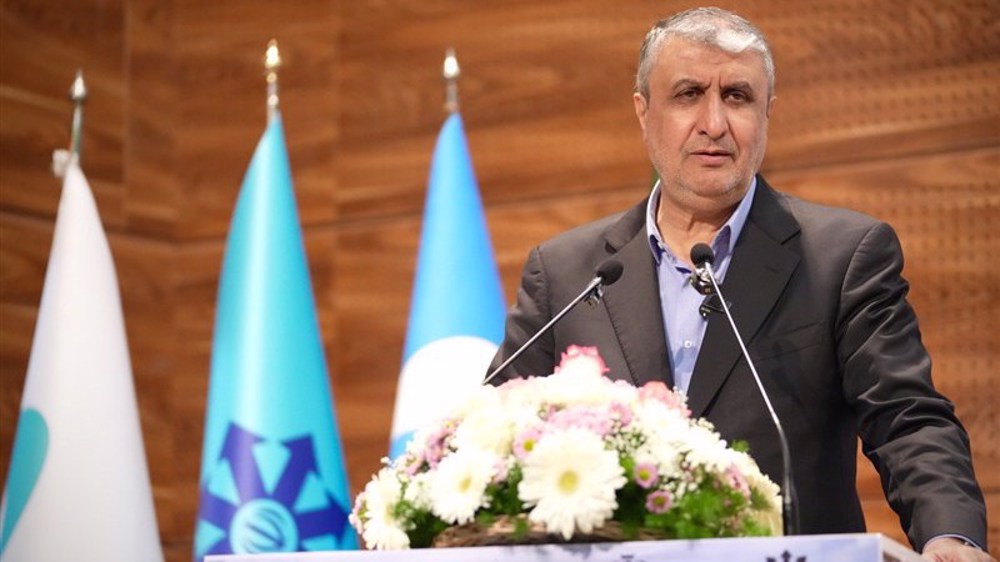
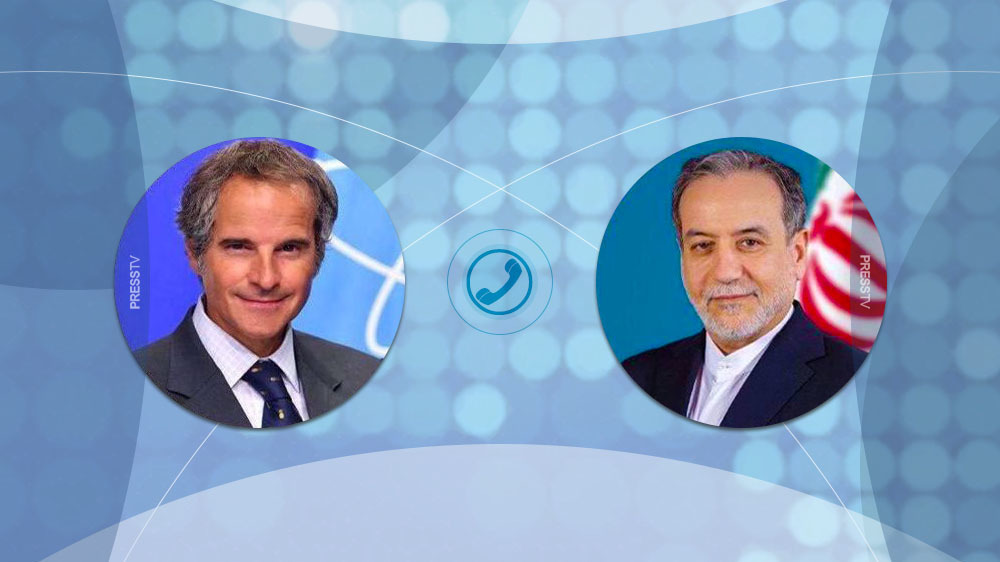
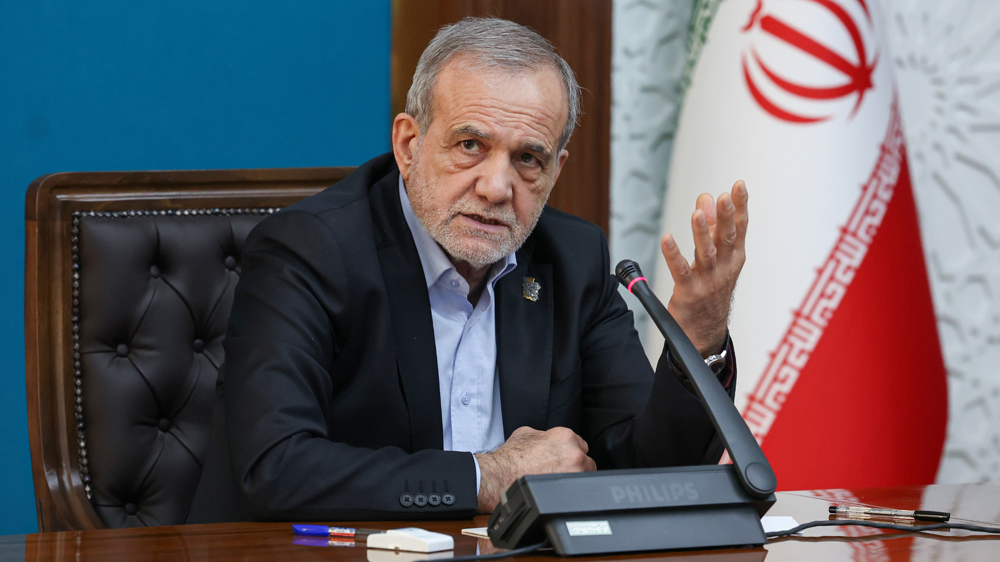



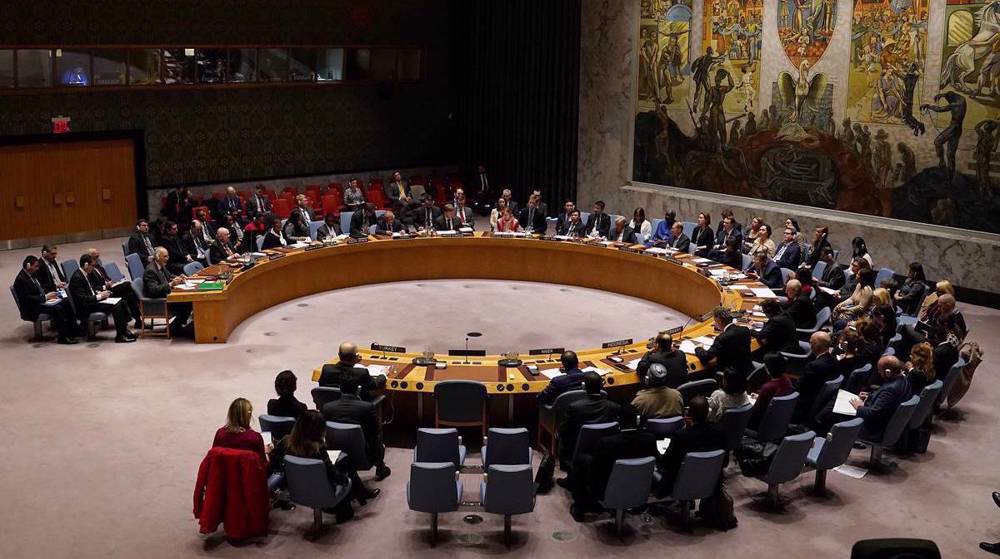

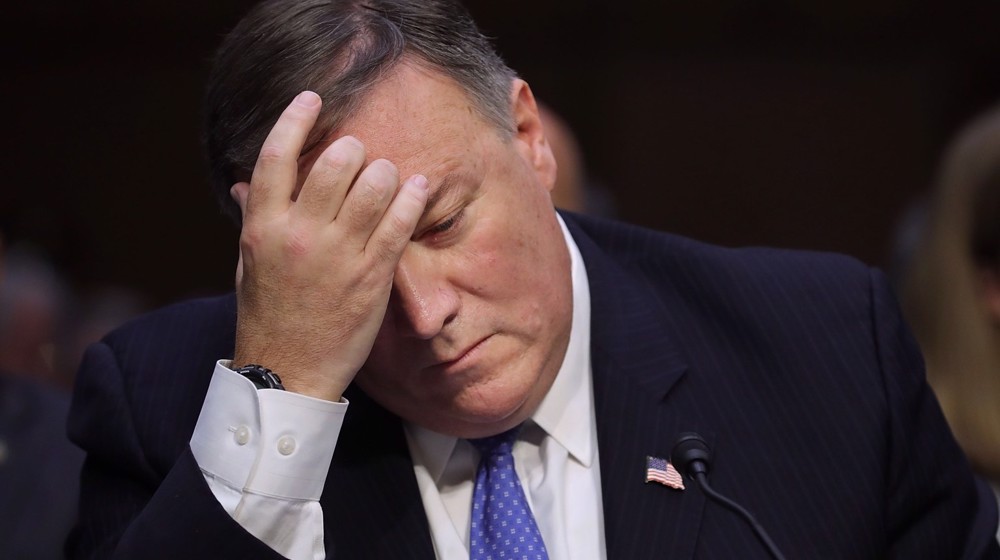


 This makes it easy to access the Press TV website
This makes it easy to access the Press TV website